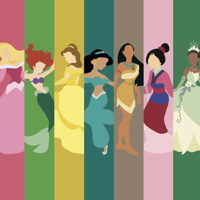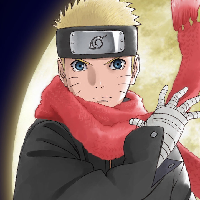{{ชื่อ}} ประเภทบุคลิกภาพ MBTI
บุคลิกภาพ
"Chitanda Eru ประเภทบุคลิกภาพประเภทใด Chitanda Eru เป็นประเภทบุคลิกภาพ ENFP ใน mbti, 7w6 - sx/so - 792 ใน Enneagram, SCUAI ใน Big 5, IEE ใน Socionics"
Eru Chitanda is a classic example of EN(F), and can as well be used to describe the innocent child archetype, as well as a textbook description of the Extroverted Intuitive type when combined with feeling. When Ne stumbles upon something, it thinks about what said object could be by relating it to other possible objects. Because there are multiple objects in the external world, Ne seeks the widest range of possibilities and mental representations. When they approach an idea, they focus on multiple sides and forms of the idea, even relating the idea to other possible ideas or other possible objects. Extroverted intuition can hence be defined simply as arborescence, pluralism, over-inquisition and extension or "contamination" (in the abstract sense). This manifests practically in extreme curiosity and will to play with ideas, very high openness and inquisitiveness directed towards the outside world (as a consequence of the extroversion attitude which directs the libido to the objective world), seeking opportunities and alternatives, asking several questions/asking for different perspectives. "The intuitive is never to be found in the world of accepted reality-values, but he has a keen nose for anything new and in the making. Because he is always seeking out new possibilities, stable conditions suffocate him. He seizes on new objects or situations with great intensity, sometimes with extraordinary enthusiasm, only to abandon them cold-bloodedly, without any compunction and apparently without remembering them, as soon as their range is known and no further developments can be divined. So long as a new possibility is in the offing, the intuitive is bound to it with the shackles of fate. It is as though his whole life vanished in the new situation." - C. G. Jung, Psychological Types (p.340). How does that manifest in Chitanda ? It is almost self-explanatory, as she is the motivating reason of the plot in the anime/LN/manga most, if not all the times, by trying to extract information, reasoning, and willpower out of Oreki by saying "I am curious !" in such absolute and insistant manner, as if she was dominated by the intellectual impulse to know about a situation, an object or an idea. What I just mentioned, happens almost every episode and shows an extremely high oppenness and inquisitiveness, as well as curiosity, obviously. This however, also shows in other situations, still involving mainly Oreki. That is, by asking him a lot of questions regarding his deductions, inductions, theories, analyses, and more generally thoughts, in order for him to develop, as if she needed to know about it fully and completely in order to figure things out. Not only that, she will also commonly confront Oreki's ideas, with her own associations regarding similar patterns or particular details or memories about a situation (which always involve the external world showing the clear direction of her psychic energy once again, hence determining her extroverted attitude). Finally, it is highly important to note that this doesn't happen with just Oreki, but with people in general, though to lesser extent as the main protagonist is of course her principal interest. With that I conclude my classical jungian analysis for Chitanda Eru. I might make an analysis for E7 in the future as well. Sources : Psychological Types - C. G. Jung Hyouka (anime by KyoAni, LN and manga by Honobu Yonezawa)
ชีวประวัติ
บุคลิกภาพ correlate

Oreki Houtarou

Fukube Satoshi

Ibara Mayaka

Irisu Fuyumi

Oreki Tomoe

Hyouka (The Series)

Tanabe Jirou

Sekitani Jun















